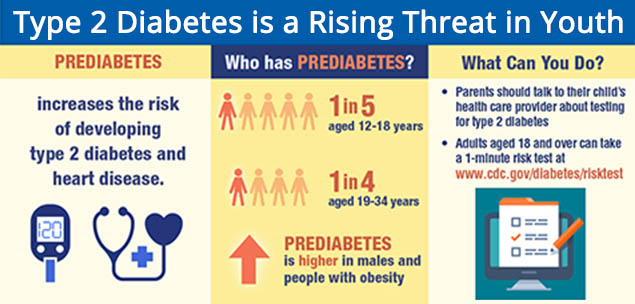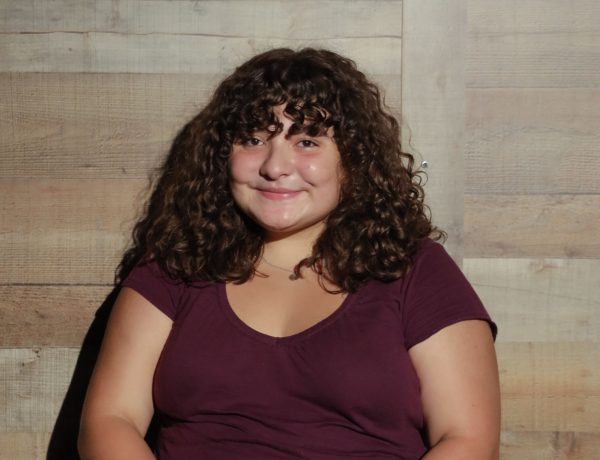November helps bring awareness to Diabetes
Diabetes is becoming a huge juvenile threat.
November 15, 2022
While some of the importance of November stands with Thanksgiving or getting into the holiday spirit, It’s also the month to bring awareness to the disease that is diabetes.
to truly understand the effects of this disease, you need to know what diabetes is and how it impacts the body. For starters, there are two types of diabetes, Type 1 and Type 2. Type 1 is a chronic condition in which the pancreas produces little or no insulin. Type 2 is a chronic condition that affects the way the body produces insulin. Very similar, yet vastly different.
On average, diabetes affects 37 million people just in the United States. According to the World Health Organization, it’s estimated that 422 million people worldwide are impacted by diabetes. Many of these are in low and middle-income countries. While there is an increasing rise in diabetes, November is the month to help bring awareness and understand the effects of this disease.
The American Diabetes Association has done many campaigns that have helped bring attention to this condition. This year, their main goal is to show the world what it’s like to live with diabetes and provide ways to manage it. One way that diabetes can put a toll on the body is by affecting one’s mental health. Living with diabetes can be a lot on someone’s mind; having to keep track of blood sugar levels, insulin, meals, and staying active is a lot. This can lead to something called diabetes burnout. Keeping touch with your emotions is vital, and it’s important to be able to understand how it affects people’s lives.
A big question being asked is how juvenile diabetes is affecting our youth. School is a perfect example of a stressful situation that is placed on people with diabetes. Not only having to deal with the stresses of the disease itself but also keeping track of school work and extracurriculars. How does this affect young people and what can we do to help?
Here’s a list from The Mayo Clinic of ways you can help:
- Make sure if you or someone you know has diabetes that you are socializing/with them.
- Talk to someone! Even if it sounds silly, talking is one of the best ways to express how you feel.
- Join a support group! Same with talking to someone, sharing how people who are struggling with the same problems as you can make you feel seen and heard.
- Make a list of questions to ask your healthcare provider. Ask your healthcare provider for a referral to a certified diabetes care and education specialist and a registered dietitian to provide additional education about managing diabetes (Mayo Clinic)
While dealing with diabetes may feel overwhelming at times, you are not alone! For further questions, please visit the American Diabetes Association and The Mayo Clinic.












